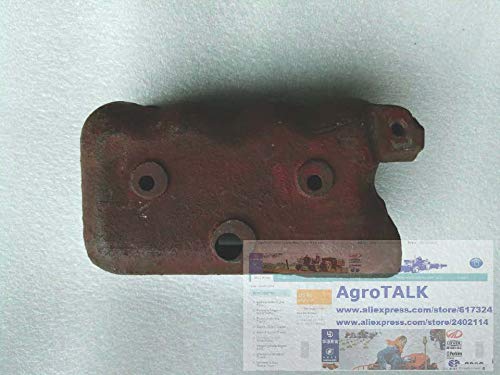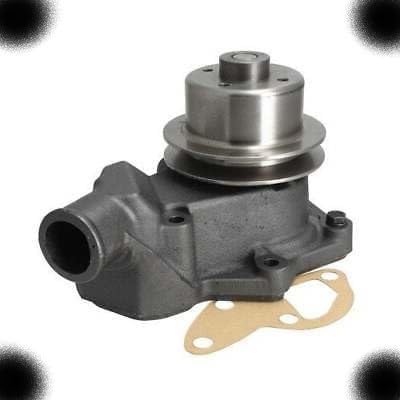ikrestorer
I make a habit of securely covering the terminals with electrical tape (any type of tape will do - I'm an old electrician) so that whatever "juice" is left in the battery can't start a fire. I even do this in our house waste even though there is little chance of contacting metal (oops, watch out for the aluminum foil!)
A sensible precaution as although domestic alkaline batteries especially exhausted ones do not generally have sufficient current capacity to present a major fire risk, in some unusual situations they could.
Who knows what they could come into contact with in the general waste and you might accidentally throw out a "live" one further increasing the risk.
In our area we are lucky enough to have separate recycling facilities for them which helps in this respect.
Rechargeable batteries are quite a different matter especially the very high power LiPO ones used to power model aircraft, drones and the like.
Heed the many warnings on them carefully, If abused (and sometimes even if not) they can ignite, spontaneously re-ignite and even explode with considerable force.
I recently met someone who had actually burnt his house down whilst recharging model aircraft batteries.
Apparently the fire brigade had told him that the only way to deal with them was to contain them and let them burn themselves out as they simply reignite until they run out of fuel
I could not guarantee this as fact but an Internet search for "exploding LiPO batteries will reveal some pretty scary video footage
These should definitely NOT be disposed of with domestic waste and I think it is now an offence to do so in the U.K.























![DreamPlan Home Design and Landscaping Software Free for Windows [PC Download]](https://m.media-amazon.com/images/I/51kvZH2dVLL._SL500_.jpg)






































![MeshMagic 3D Free 3D Modeling Software [Download]](https://m.media-amazon.com/images/I/B1U+p8ewjGS._SL500_.png)






